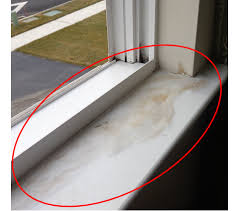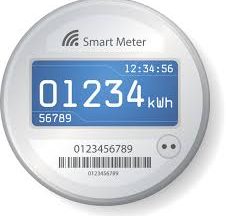 October 2019
October 2019
Mother Nature has no concern for the comfort of humans. We rely on HVAC systems to ensure our home is comfortable and safe regardless of what Mother Nature has planned.
HVAC refers to systems that provide air, both warm and cool, to condo homes and common areas. These are large scale systems in terms of space required, cost and energy usage. Keeping these systems continuously operating in good condition and properly maintained is an ongoing process. Failure to do so can substantially eat into the annual condo budget or reserve fund.
Renewable energy sources such as solar panels and wind towers, while possibly beneficial, should rarely be considered before relatively simple improvements are identified in an energy audit.
Air duct cleaning prevents vents from becoming clogged, transferring less air and using more energy. Opening window blinds during daytime hours can reduce the need for having lights on. Radiators can be more efficient by including reflective jackets that reduce the amount of heat escaping through windows that may not be properly sealed and caulked. Turning off appliances is preferable to allowing them to operate in standby mode which continues to use electricity. This includes electronics from phone chargers to computer systems, televisions, cable boxes and microwaves.
Older and improperly maintained buildings and HVAC systems can be more expensive to operate for both the corporation and its residents. Buildings that provide too many ways for air to escape or drafts are costlier to maintain. Older equipment may not be as energy efficient. Smaller boilers can provide more heat while using less energy. Many improvements can have relatively short payback periods.
Operating building equipment including chillers and boilers beyond their expected life can come at a high cost. These systems often require greater maintenance and more energy than newer systems. Savings are “lost” when more frequent upgrades are avoided. Once newer systems are in place, regular maintenance can help maximize energy savings by reducing energy consumption from five to 20 percent.
A Building Automation System (BAS) is essential to gather data about building systems and identify where problems exist. Sensors and software programming combine to manage air flow, temperature control, water temperature and other factors to provide comfort while minimizing building resources, optimizing energy use and reducing cost.







